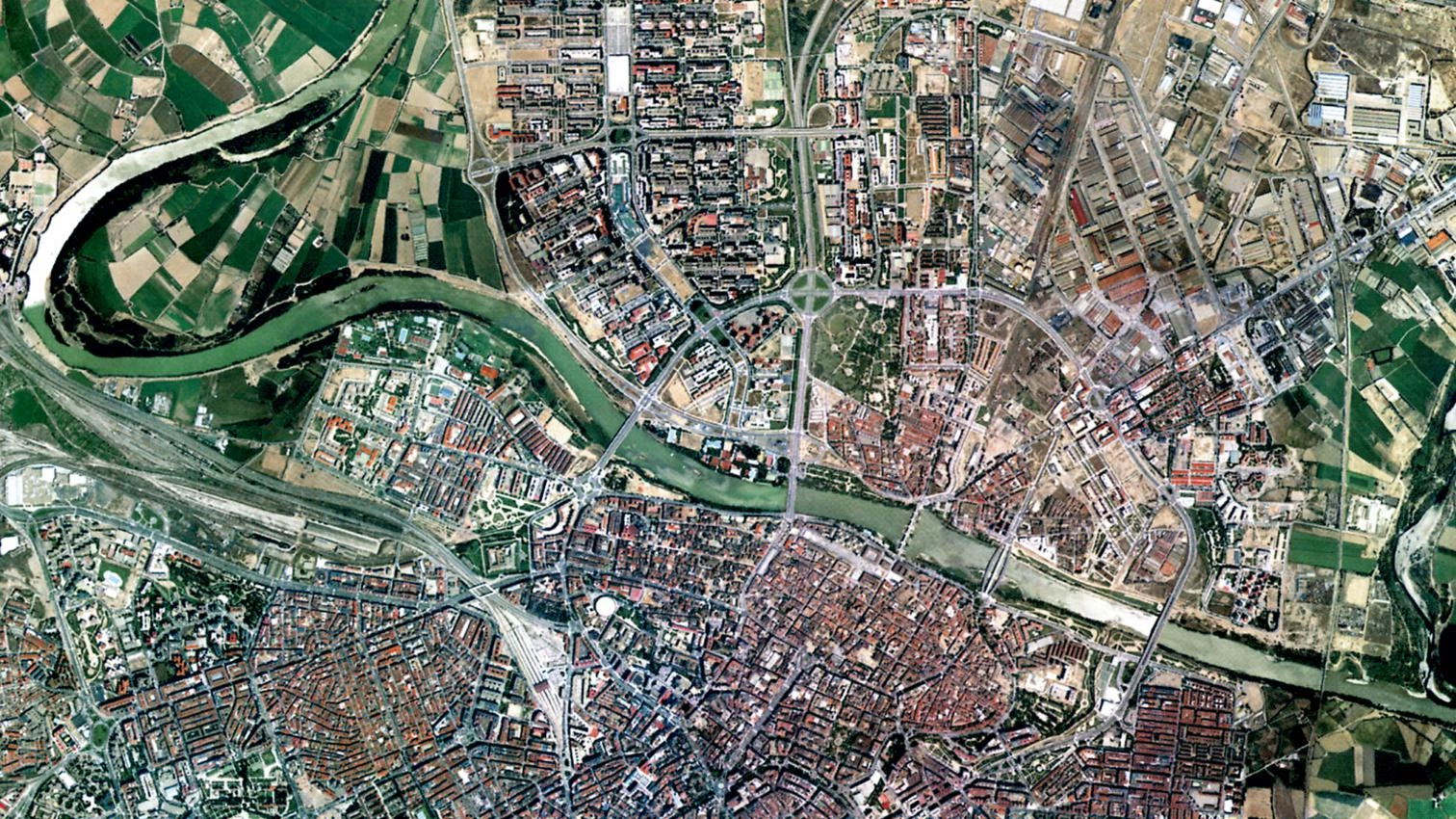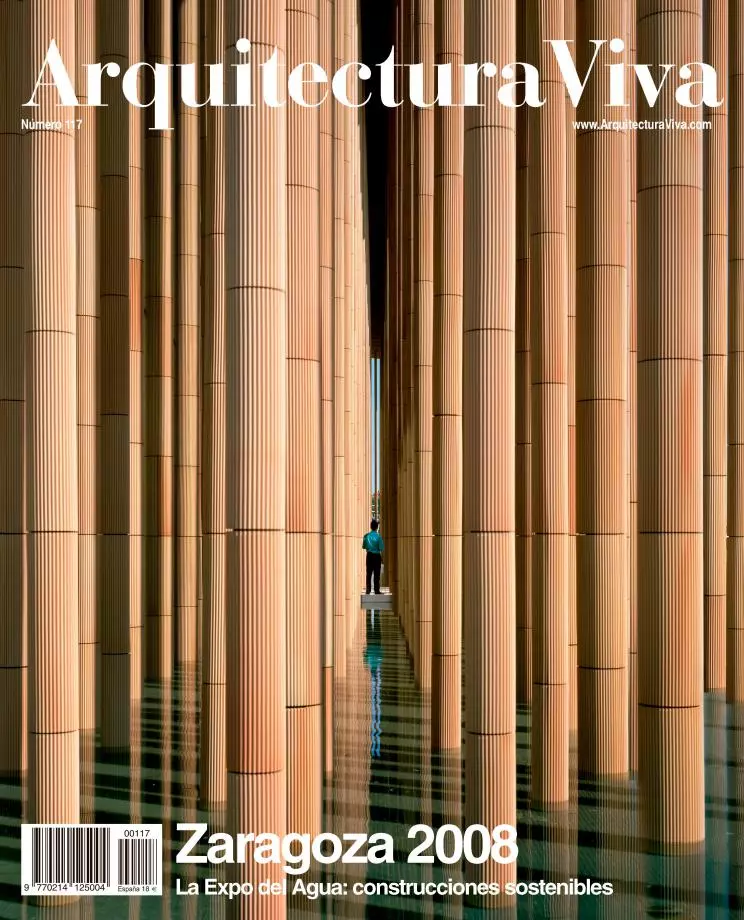
“The day we won the Expo bid was a Wednesday or a Thursday in December, a working day in winter. The city became a hotbed of happy people. It was like the day Zaragoza won the Recopa football league with a goal of Nayim’s. Then came the day-to-day preparations and the matter took on a different color. There were those who expressed impatience because the start of construction work was not in sight. Then there were the voices of the classical wet blankets: we’ll never make it on time, etcetera, etcetera, etcetera. Although there were lots of skeptical faces, Sunday mornings saw hundreds of families taking a walk in the vicinity of the Expo site, just checking out how things were going. Later, when the Expo opens, they will spend entire days there. Because Zaragoza is very much a street-going city. The harsh climate doesn’t prevent its people from going out. Whether lots of people will be coming from outside remains to be seen, but the locals are sure to fill the premises every day, as will folks from the rest of Aragón. The season’s tickets were sold out a few days after they were put on sale. And I think that was over 40,000…”
The writer and journalist Miguel Mena knows the city and the province of Zaragoza ike the back of his hand, so is able to sum up in a few sentences what the mood sur-rounding the Expo has been like: first joy, then skepticism, and now, barely a month before opening day, expectation. The myth of Seville 92 is quite far away now, but not enough for us to have forgotten that there, the experience was lived differently. Still, it’s not the success of the event, which we can consider a surety, that really counts. What really counts is its subsequent repercussions. Organizing Expo 2008 involved preparing, fertilizing, and sowing a whole field of opportunities that gave immediate fruits. By 2006, as many as 4,000 jobs had been created in the city (mostly in the building and services sectors), and over 1,200 of these jobs will be maintained in the middle and long term... [+]





